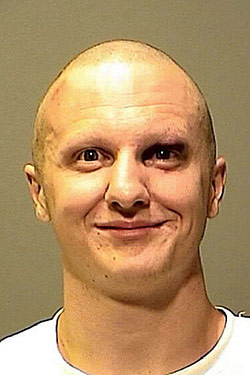- Joined
- Feb 21, 2007
- Messages
- 3,205
- Reaction score
- 253
Soapbox on.
The Arizona shooting was terrible, and I've seen some talk amongst the news pundits calling for a need to bolster our mental health system. Unfortunately, our profession has been largely silent, at least on the coverage I'm watching.
More psychiatrists need to speak up, call their congressmen and state representatives. Get on the local news calling for more mental health funding.
How about requiring a thorough psychiatric evaluation prior to obtaining q gun license?
This tragic event can be a turning point in our country's mental health system, if we want it to be. Make some noise.
Soapbox off.
The Arizona shooting was terrible, and I've seen some talk amongst the news pundits calling for a need to bolster our mental health system. Unfortunately, our profession has been largely silent, at least on the coverage I'm watching.
More psychiatrists need to speak up, call their congressmen and state representatives. Get on the local news calling for more mental health funding.
How about requiring a thorough psychiatric evaluation prior to obtaining q gun license?
This tragic event can be a turning point in our country's mental health system, if we want it to be. Make some noise.
Soapbox off.

